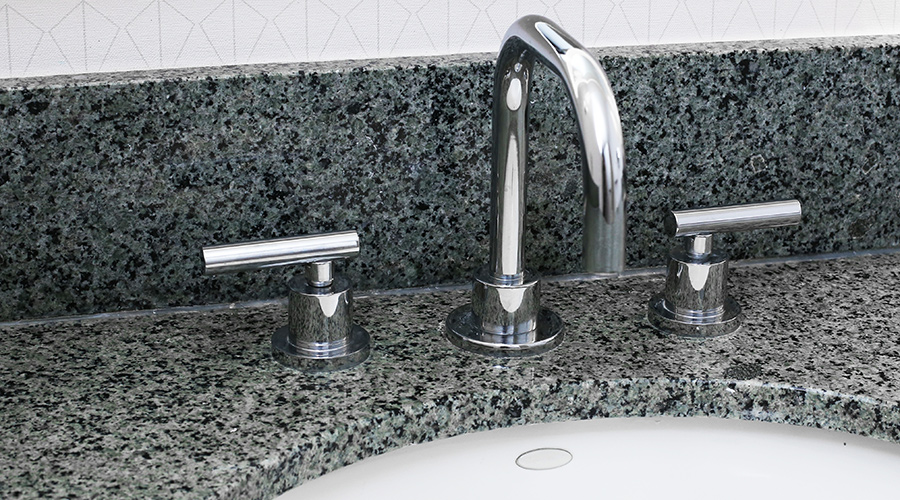Three heater-cooler units — equipment used to heat and cool patients during heart surgery — tested positive for Legionella bacteria at the University of Washington Medical Center in Seattle, according to an article on the Becker's Infection Control & Clinical Quality website.
The bacteria infected four patients at the hospital with Legionnaires' disease. Two of the infected patients died.
The source of the outbreak has been linked to the hospital's water system as bacteria was detected in an ice machine and two sinks in the cardiac unit.
Though the water used to run the heater-cooler units does not come into direct contact with patients, the equipment has been linked to other outbreaks involving pathogens, the article said.

 From Downtime to Data: Rethinking Restroom Reliability in Healthcare
From Downtime to Data: Rethinking Restroom Reliability in Healthcare LeChase Building Four-Story Addition to UHS Delaware Valley Hospital
LeChase Building Four-Story Addition to UHS Delaware Valley Hospital AdventHealth Sebring Breaks Ground on Expansion Project
AdventHealth Sebring Breaks Ground on Expansion Project Regulations Take the Lead in Healthcare Restroom Design
Regulations Take the Lead in Healthcare Restroom Design AHN Allegheny Valley Hospital Opens Expanded Inpatient Rehabilitation Unit
AHN Allegheny Valley Hospital Opens Expanded Inpatient Rehabilitation Unit